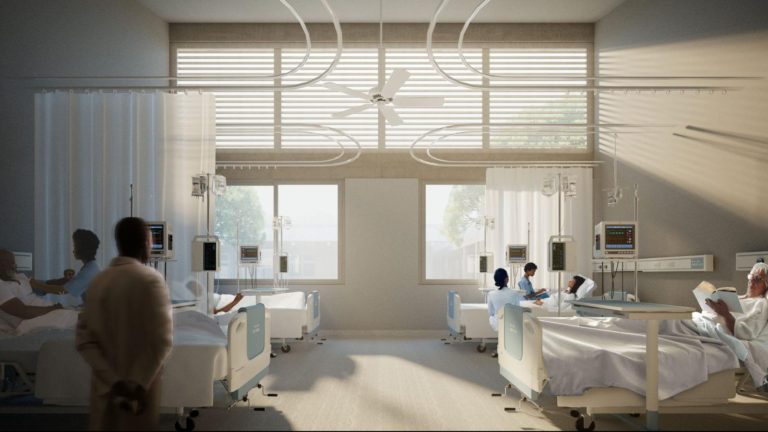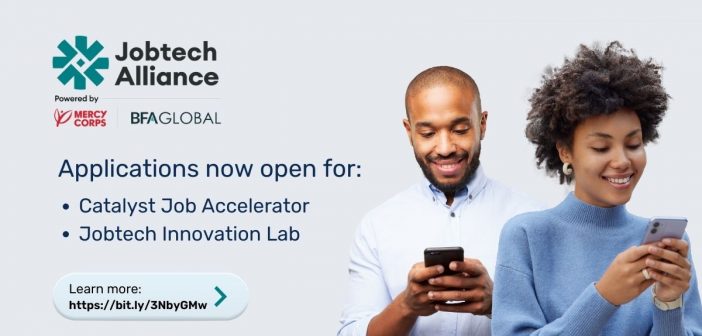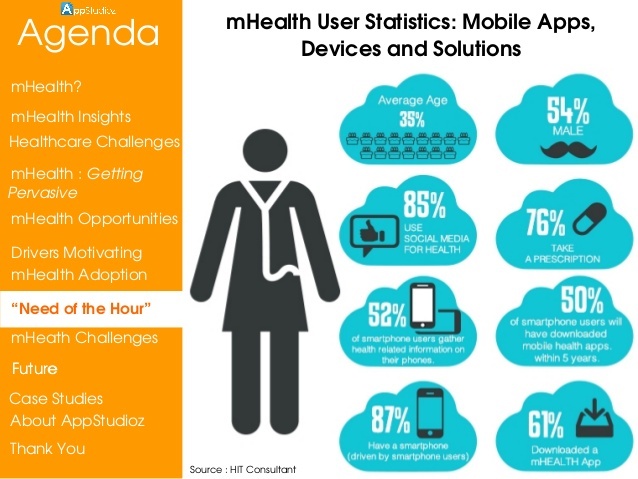UNFPA, AfriLabs Unveils Incubation Programme to Fund Ideas Addressing FGM, Climate Change

The UN Population Fund and AfriLabs have launched an incubation program to support ideas that address female genital mutilation (FGM) and climate change.
The Climate HackLab project was launched in May 2021 by the UNFPA East and Southern Africa Regional Office as part of the flagship Safeguard Young People Programme. The HackLab is a climate innovation project led by young people, particularly women and girls, that aims to build climate resilience and generate innovative climate adaptation solutions.
Meanwhile, the UNFPA FGM HackLab project aims to empower young people and give them the opportunity to be game changers and drivers of a green future that is sustainable.
The project is aimed at young innovators, particularly women and girls, who have innovative solutions that will help UNFPA achieve its goal of ending gender-based violence and harmful practices by 2030.
Following successful training at the UNFPA Climate and FGM HackLab virtual bootcamps, six innovators were chosen as winners in a follow-up pitch event and invited to join the UNFPA Incubation Programme.
UNFPA will leverage AfriLabs’ existing pipeline of innovation hubs across the innovators’ locations to provide a robust and intensive six-month incubation programme that will include capacity-building activities focused on the selected innovations’ product and business development, as well as support with resources and opportunities to produce full-fledged viable and scalable innovations and solutions.
Throughout the program, the selected hubs will provide incubation services to top UNFPA Climate and FGM HackLab innovators via online and offline channels.
Agnes Kimweri, founder of Agki Medical Laboratory Company (Tanzania), Agripa Maposa, CEO and founder of Tivwane Money Solution (Zambia), Joseph Mulabbi, team leader of AXCES Mobile System (Uganda), Dirug Samuel Yugoro, team leader of Big Family 360 Foundation (Nigeria), Roukiatou Sedgo, team leader of Afriyan Burkina (Burkina Faso), Deborah Nansanga (Uganda).
To carry out the incubation program, AfriLabs chose a member hub in each of the innovators’ countries.







